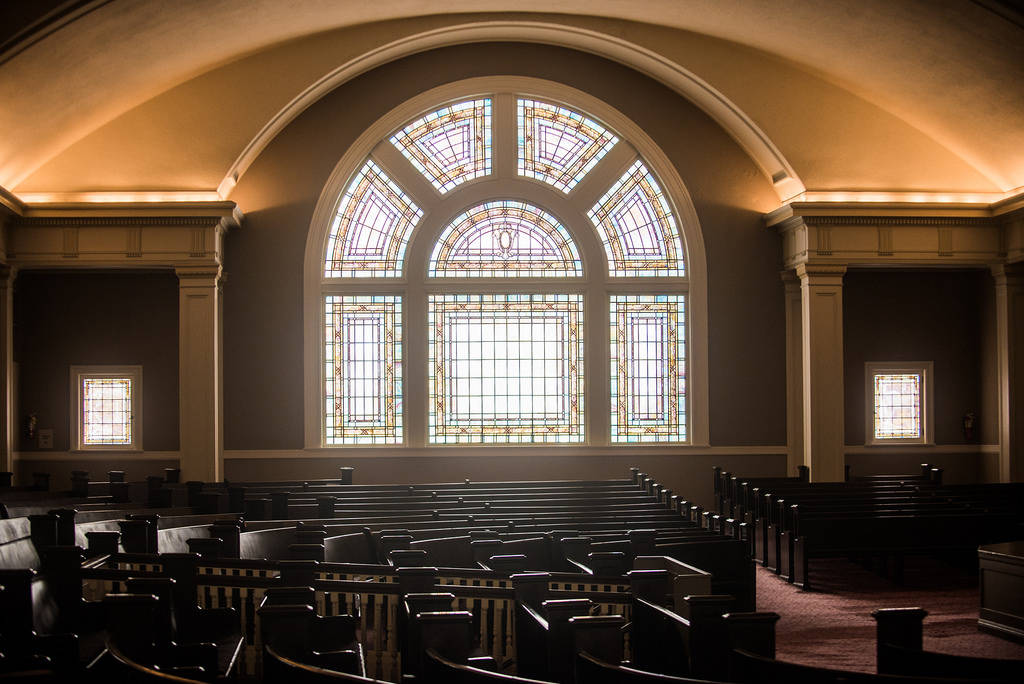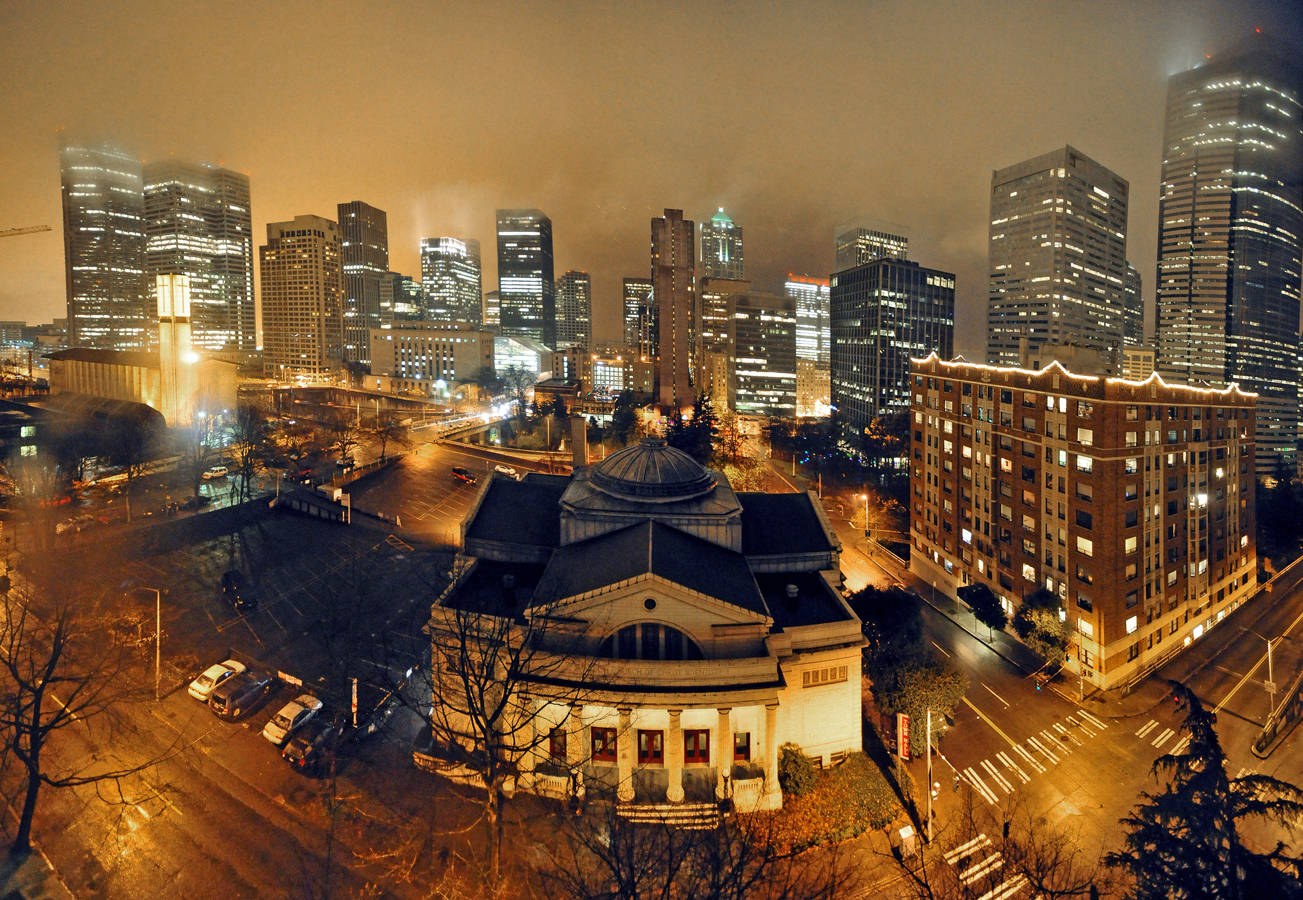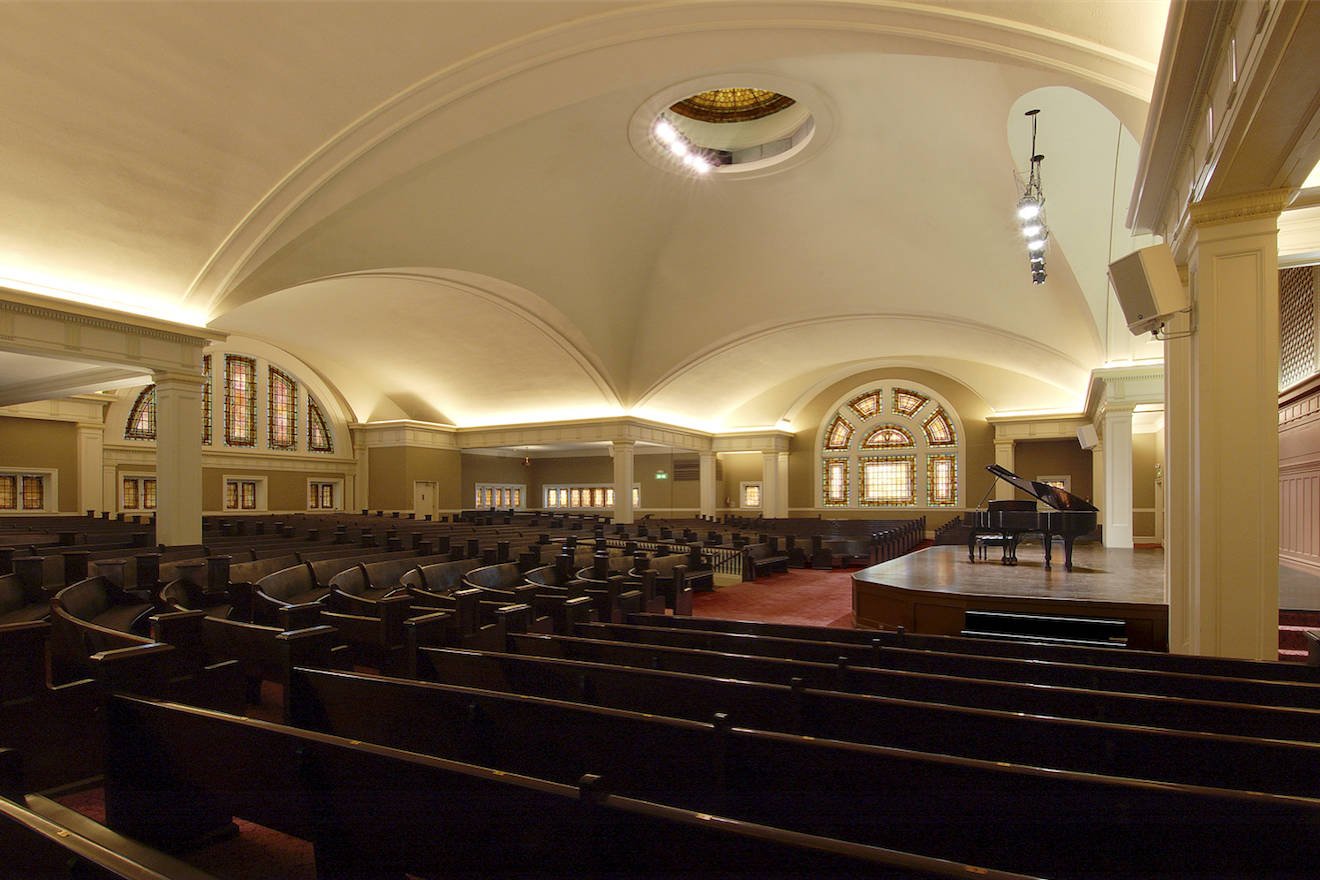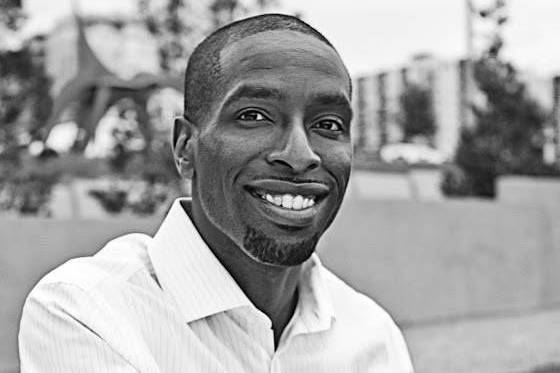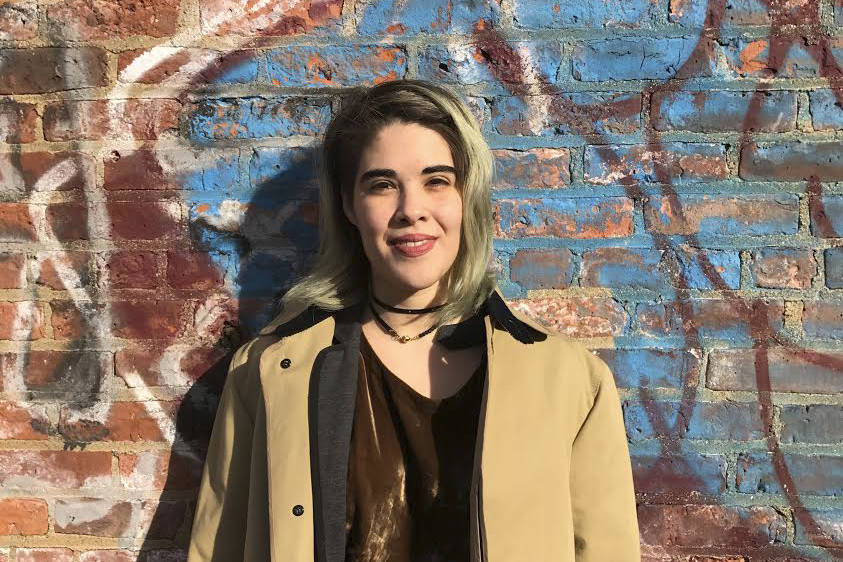“In some ways, the most exciting time to be in that building was before anything had happened,” Spider Kedelsky recalls. “At that point, anything was possible.”
Even in his early days on Town Hall Seattle’s community advisory committee alongside founder David Brewster, before they opened the doors to the public in 1999, Kedelsky knew he was part of something special.
As an artist, curator, and performing arts producer, Kedelsky devoted the next 14 years of his life to the organization—he established Global Rhythms, Short Stories Live, and other timeless cultural programs; directed prominent events, including From Seattle To New York With Love to benefit those impacted by 9/11; and helped build the framework upon which Town Hall would become a thriving community resource for years to come.
Starting this summer, Town Hall will continue to build on that framework with an extensive renovation to its First Hill home. In the midst of a $25 million capital campaign, we look back at the people, like Kedelsky, who worked behind the scenes to make it all happen.
When Kedelsky first moved to Seattle in 1996, he had just completed a consultancy for the National Endowment for the Arts’ Dance on Tour program in Washington D.C. He was broadly interested in performing arts—and in particular, folk and traditional non-western dance. “Much of my work had been not only to produce events but to engage with the community,” Kedelsky explains.
So when he, David Brewster, and the rest of the advisory committee assembled in 1997, Kedelsky drew from his background in grassroots community outreach and began to forge ties with cultural groups in the area. Under the tenet that everyone deserves a voice, he and the committee established Town Hall Seattle as a vibrant gathering place where the civic, arts, and educational programming would reflect and inspire creativity, empathy, and multiple points of view.
Jim Lynch was a member of the Early Music Guild at the time, seeking an venue for his group’s ongoing meetings and performances. “I got together with several other groups that were also looking for a capacious hall that was appropriate to the kinds of things we were doing,” Lynch explains. Town Hall struck a chord with the group’s dedication to community engagement.
With a foot already in the door, Lynch, a general contractor, was one of the first to assess Town Hall’s structure and mechanical systems to determine the immediate and long-term repairs required to ensure the historic space would serve the needs of his organization and the larger community. “I think I’ve seen every square inch of that building,” Lynch says now.
Since the early days, Lynch has worked as Town Hall’s handyman—remodeling meeting spaces, installing cushions on the pews, repairing leaks in the roof, and even changing light bulbs. “After meeting all of the original people that created the institution of Town Hall Seattle, the dynamic and the creativity and the forward thrusting motion of progress they wanted to make in the arts and civics of the city inspired me to do whatever I could, whenever I could,” Lynch explains.
Susan Trapnell was on the frontlines of this “forward thrusting” evolution of Town Hall as an early member of the board, where she has remained for the past 14 years. “I have worked as a consultant with a lot of organizations and I have never seen a board that has been as effective and cohesive as [Town Hall’s],” Trapnell says. Whether it’s fundraising, audience development, or financial planning, Trapnell and the rest of the board have enduringly added to the long-term strength of the organization.
“I can’t think of anyone that’s on the board that’s not fully engaged in a particular way,” Trapnell says. Her individual strength lies in nurturing a healthy and productive relationship between the board and staff leadership—a skill that’s particularly essential now, in the midst of the capital campaign. “An organization builds a lot of strength over the course of a capital campaign, and I think that will serve us well,” she says.
With the help of so many dynamic, dedicated individuals and groups, and support from the community, Town Hall Seattle has become an indispensable resource in the Pacific Northwest. Through subsidized rental rates and affordable ticket prices, the organization invites diversity both in its audience and in its presenters—from spoken word artists and classical musicians to science lecturers and political activists.
“If I were to describe [Town Hall] in two words—‘always becoming,’” Kedelsky says. “You never know what’s going to happen next at Town Hall. … People with imagination are bringing their ideas and their visions there, and the staff is always responding to what’s going on in our world. … It’s a very welcoming space.”
In fact, there are so many other Town Hall “MVPs” that it’s hard to come up with a short list. Sheila Smith ensured smooth operations and steady finances for over a dozen years. Rental and booking director Shirley Bossier has shepherded hundreds of organizations onto the the Town Hall calendar. Luke Kehrwald has engineered sound for The Great Hall’s most challenging programs of the last 15 years. And this fall will mark 12 years since Town Hall Excecutive Director Wier Harman took the helm. He has worked to expand programming (from 250 programs in his first season to 450 today) and to ensure it remains timely, relevant, and provocative. “We have built something unique here in Seattle—and the opportunity now is to open the doors ever wider, to be an ever more welcoming place where everyone in the community can take the stage or take a seat. Like the city we love and try to reflect, Town Hall is very much in a state of becoming a more perfect version of itself.”
Town Hall Seattle’s historic building is turning 100, and it needs some love. A top-to-bottom renovation will preserve the landmark’s historic look and feel while making critical infrastructure, seismic, and performance advances. With state-of-the-art lighting and sound systems, a new downtown-facing entrance, and new multilevel restrooms, Town Hall will be more accessible, more comfortable, and more vibrant than ever. Learn more and get involved at townhallseattle.org.
